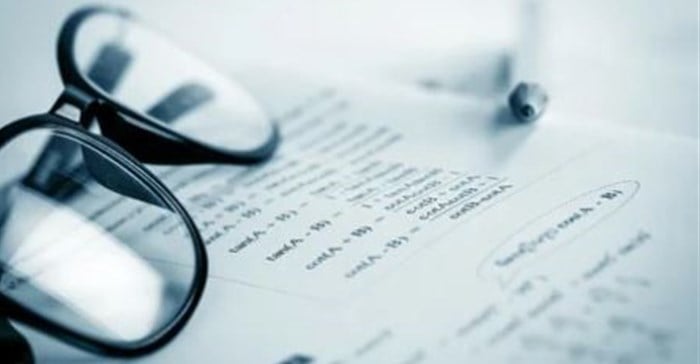
Top stories






More news


Marketing & Media
Ads are coming to AI. Does that really have to be such a bad thing?














This is according to a factsheet that the Department of Health and the Presidency has shared with stakeholders in the wake of SA passing the NHI Bill.
It's a move Treasury has warned will both raise the cost of employment for employers, and lower take-home pay for workers.
Similar to UIF contributions, both employers and employees are set to contribute to the payroll tax.
This payroll tax will be uniformly applicable to all formal sector employees, encompassing even the seven million individuals who fall below the personal income tax threshold.
The factsheet does not provide specific information regarding the exact thresholds or rates at which these taxes will be implemented,
Treasury has indicated that no additional efforts have been conducted to ascertain costs or to formulate a Money Bill alongside the NHI Bill.
The National Health Insurance Bill (the Bill) was recently adopted by the Parliamentary Portfolio Committee on Health and was approved by National Assembly on 14 June 2023.
The next step for the NHI Bill involves it being sent to the National Council of Provinces for assent and subsequently to the President for signing into law. This could all happen within the year.
Nevertheless, various organisations have expressed their intention to potentially challenge the legislation based on constitutional grounds. If these legal challenges prove successful, the bill might be returned to Parliament for revisions. Furthermore, even if the NHI manages to overcome these obstacles, the government envisions implementing it gradually over a period of 10 to 15 years.
It is estimated that between R140bn and R280bn would have to be raised in additional taxes.
The bill envisages healthcare will be free at the point of service barring the cost of goods and services pertaining to cosmetic surgery, "unnecessary dentistry, and some costly medicines", the factsheet revealed.
In due course, The Minister of Finance will table the Money Bill, which will sit alongside the NHI Bill.